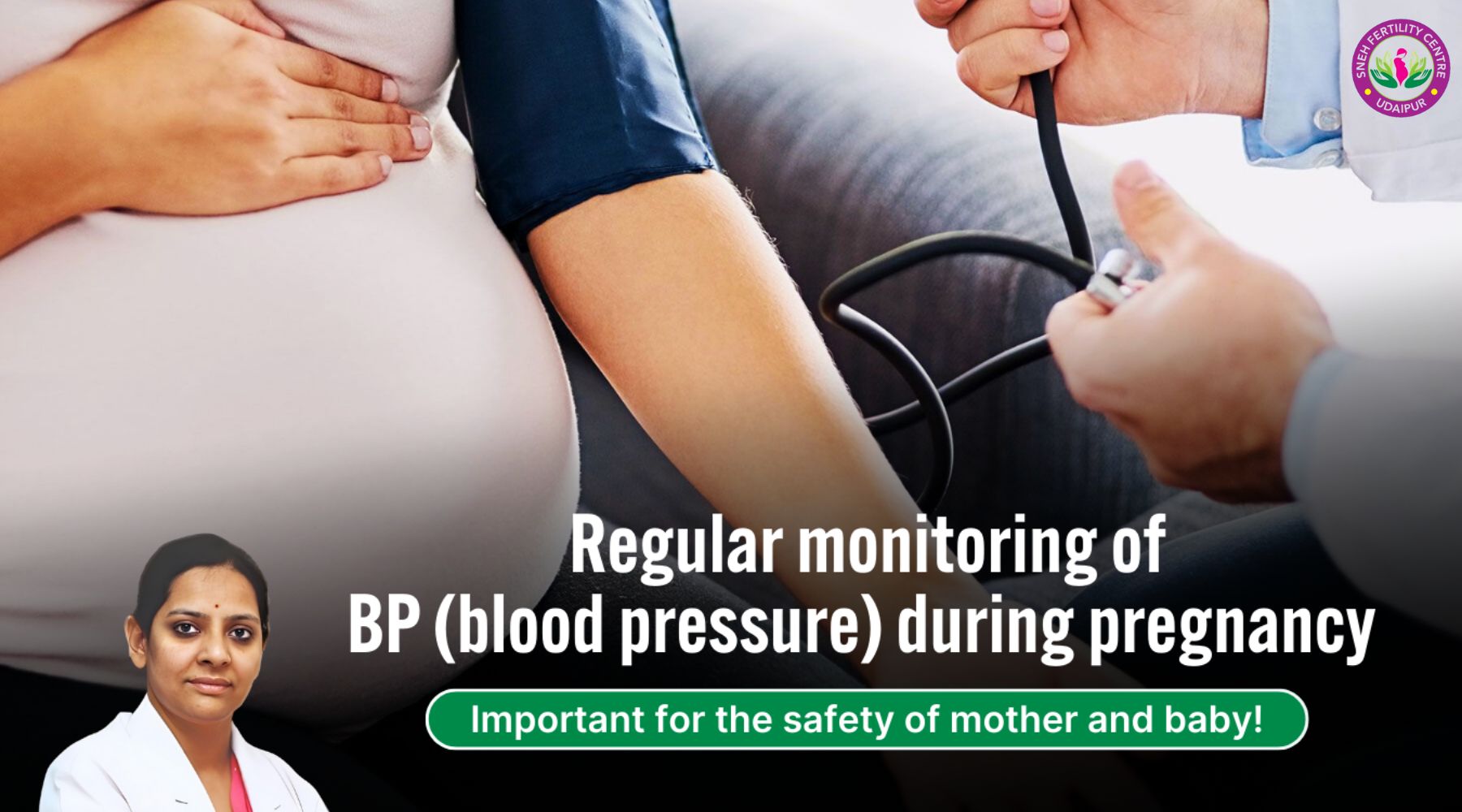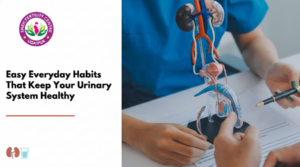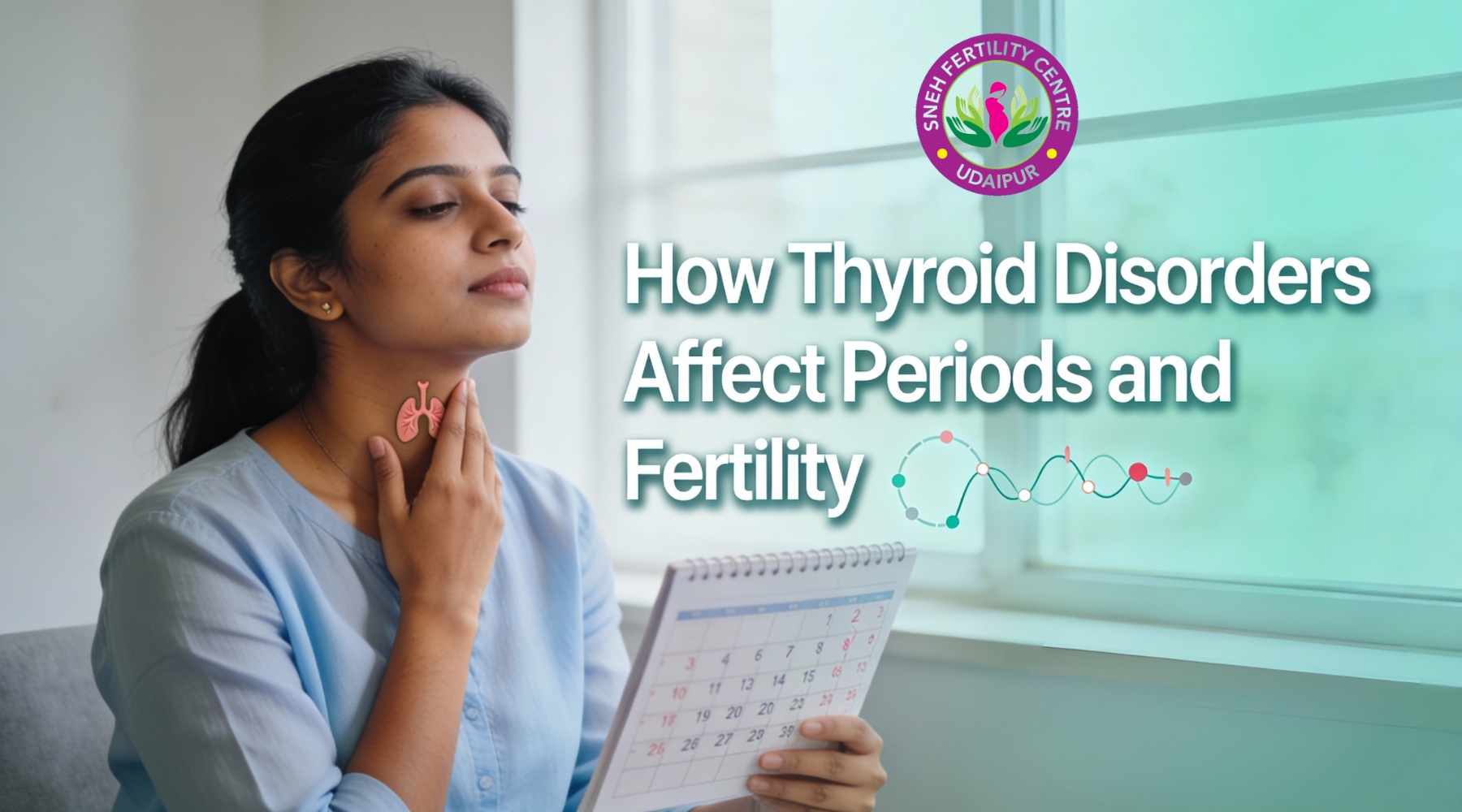Pregnancy is an exciting and special time, but it’s also important to take care of your health to keep both you and your baby safe. One key part of this care is checking your blood pressure regularly. These checks aren’t just for routine—they help spot and manage any issues that could arise during pregnancy. Let’s look at why keeping an eye on blood pressure is so important while you’re expecting.
The Importance of Blood Pressure During Pregnancy
Blood pressure is the force of blood pushing against the walls of your arteries. During pregnancy, a woman’s body goes through many changes, including changes in the blood flow, which can affect blood pressure. Blood pressure is usually written as two numbers, like 120/80 mmHg. The first number (systolic) shows the pressure when the heart is beating, and the second number (diastolic) shows the pressure when the heart is resting between beats.
Why Regular Blood Pressure Checks Are Important During Pregnancy
Keeping your blood pressure normal during pregnancy is very important for both you and your baby. Here’s why regular blood pressure (BP) checks Why Regular Blood Pressure Checks Are Important During Pregnancymatter:
- Spotting Preeclampsia Early – Preeclampsia is a serious condition where blood pressure goes up and can damage organs. It usually happens after 20 weeks of pregnancy. If not treated, it can cause major problems for both the mom and baby. Regular BP checks help doctors find and treat preeclampsia early.
- Checking for Gestational Hypertension – Gestational hypertension is when blood pressure rises after 20 weeks of pregnancy, even if it was normal before. While it’s not as severe as preeclampsia, it can lead to it later. Regular BP monitoring makes sure any rise in blood pressure is noticed and treated.
- Making Sure Baby Gets Enough Nutrients – High blood pressure can slow down the flow of oxygen and nutrients to your baby, which can affect growth and possibly lead to preterm birth. Regular BP checks help ensure your baby is developing properly.
- Lowering Long-Term Health Risks – High blood pressure during pregnancy can lead to health problems later in life, like heart disease. By keeping a close eye on your blood pressure, doctors can help prevent these long-term issues.
How Often Should Blood Pressure Be Checked?
Blood pressure should be checked regularly during pregnancy. Usually, visits happen every month until the 28th week, every two weeks from 28 to 36 weeks, and weekly after that. If there are high blood pressure or symptoms like severe headaches, blurred vision, or sudden swelling, more often monitoring might be needed.
It’s also good to check blood pressure at home, especially for people with a history of high blood pressure or symptoms like severe headaches, blurred vision, or sudden swelling. Healthcare providers can teach patients how to check their blood pressure at home correctly.
Tips for Keeping Your Blood Pressure Healthy During Pregnancy
Here are some simple ways to help keep your blood pressure in a healthy range:
- Eat a Balanced Diet – Include lots of fruits, vegetables, whole grains, and lean proteins. Avoid too much salt, sugar, and unhealthy fats. Foods rich in potassium, like bananas and spinach, help balance sodium levels.
- Stay Hydrated – Drinking plenty of water is important to support healthy blood circulation.
- Exercise Regularly – Light activities like walking, swimming, or prenatal yoga can help improve blood flow and lower blood pressure. Always check with your doctor to make sure exercise is safe for your pregnancy.
- Manage Stress – Try relaxation techniques like deep breathing, meditation, or prenatal massages to reduce stress, which can raise blood pressure.
- Avoid Smoking and Limit Caffeine – Smoking and too much caffeine can raise your blood pressure and harm your baby. Stay away from smoking and keep caffeine intake to safe levels.
- Follow Your Doctor’s Advice – Your doctor may suggest lifestyle changes, medications, or more frequent check-ups to help manage your blood pressure./li>
What Happens if High Blood Pressure is Found?
If your blood pressure is high, your doctor will decide on the best treatment. This may include:
Regular BP checks during pregnancy are key to protecting the health of both you and your baby. By catching conditions like preeclampsia or gestational hypertension early, doctors can prevent serious problems. Along with regular check-ups, a healthy lifestyle and following your doctor’s advice help ensure a safe pregnancy.
For more advice on prenatal care and blood pressure monitoring, visit Sneh Fertility Centre. Taking care of your BP during pregnancy leads to a healthier, happier life for you and your baby.






